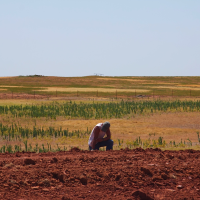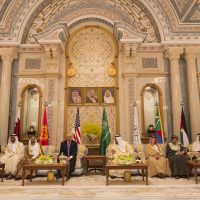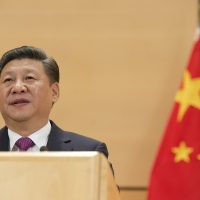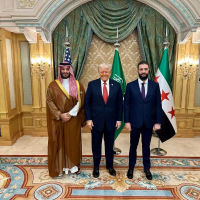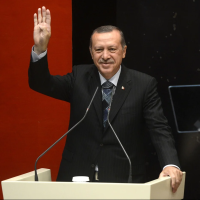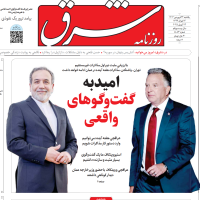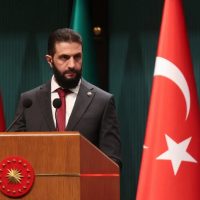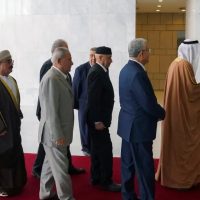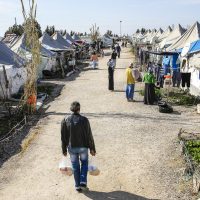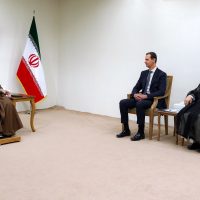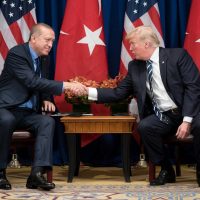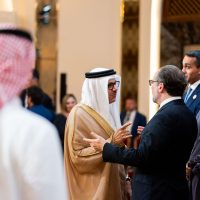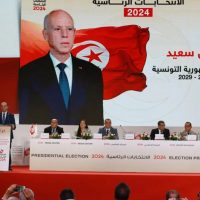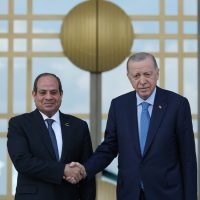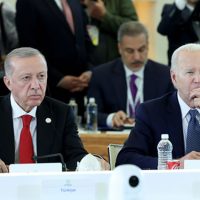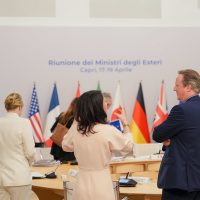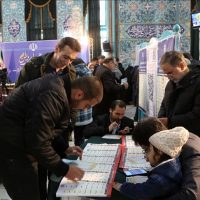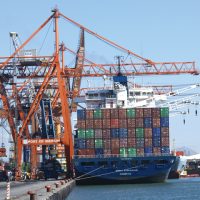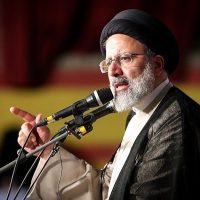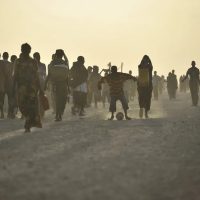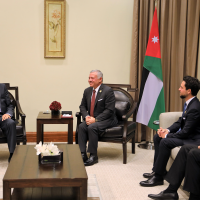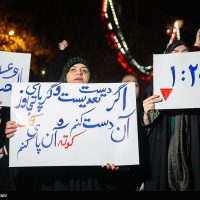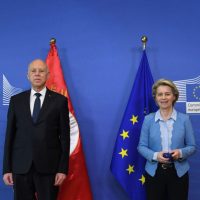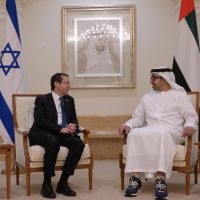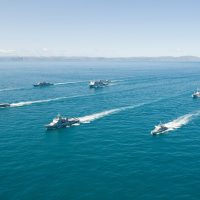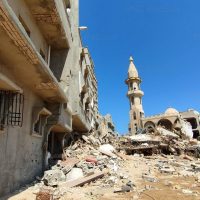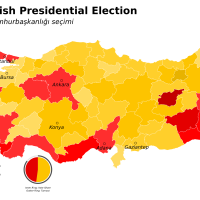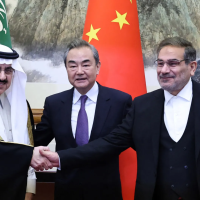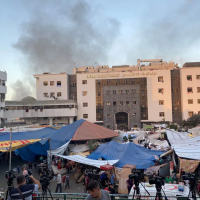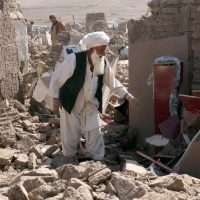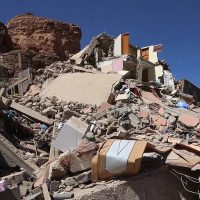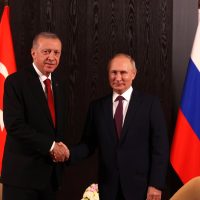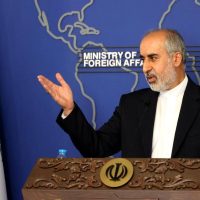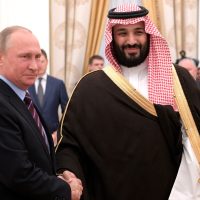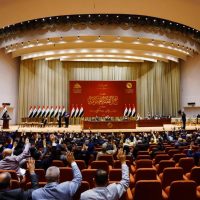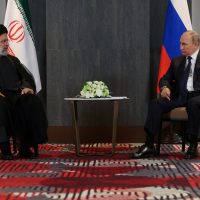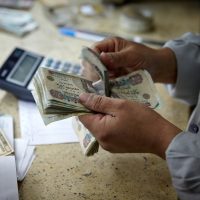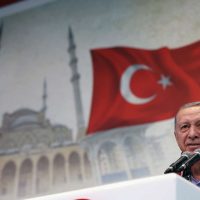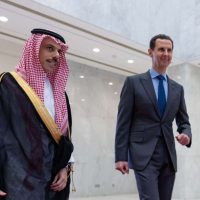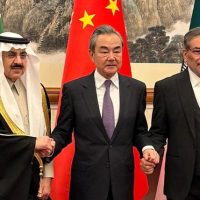카타르 경제: 미래지향적 비전과 지속 가능한 성장
칼리드 빈 이브라힘 알 하마르 (주한 카타르 대사)
 먼저, 카타르의 경제에 관한 글을 소개할 수 있는 기회를 제공해주신 서울대학교 아시아연구소에 진심으로 감사의 말씀을 드립니다. 본 글은 대한민국 사회에 카타르에 대한 이해와 인식을 넓히는 데 목적이 있으며, 특히 2023년에 포괄적 전략적 동반자 관계로 격상된 양국 간의 견고한 외교, 경제, 문화적 관계에 중점을 두고 있습니다.
먼저, 카타르의 경제에 관한 글을 소개할 수 있는 기회를 제공해주신 서울대학교 아시아연구소에 진심으로 감사의 말씀을 드립니다. 본 글은 대한민국 사회에 카타르에 대한 이해와 인식을 넓히는 데 목적이 있으며, 특히 2023년에 포괄적 전략적 동반자 관계로 격상된 양국 간의 견고한 외교, 경제, 문화적 관계에 중점을 두고 있습니다.
카타르와 대한민국 간의 굳건한 우정은 현재 150억 달러를 초과하는 교역 규모와 더불어, 과학기술, 무역 및 투자, 산업과 에너지, 교육, 보건 및 의료 서비스, 국방 및 안보 분야에서의 긴밀한 협력으로 잘 드러나고 있습니다. 또한 기후, 녹색 성장, 지속 가능한 발전 등 다자 협력의 여러 분야에서도 양국은 활발한 협력을 진행하고 있다고 말씀드릴 수 있겠습니다.
주목할 점은, 카타르가 현재 거버넌스, 경제적 복지, 사회적 포용, 1인당 소득, 인간개발지수, 삶의 질 등의 측면에서 전세계적으로 최상위권 국가에 속해 있다는 사실입니다. 이는 카타르가 보유한 현명한 리더십, 합리적인 계획 수립, 자원의 최적 활용, 기업을 장려하는 법률, 그리고 매력적인 투자 환경 덕분입니다.
지난 50여 년 동안 카타르국은 어려운 지리적 여건과 불리한 경제적 조건 속에서도 모범적인 발전 모델을 이루어냈습니다. 초기부터 제한된 재정을 석유 및 가스 탐사에 집중 투입하여 경제 구조를 구축하고, 이후 축적된 자원 수익을 활용해 경제 체계를 정비하고 사회를 현대화하며 다양한 경제 부문을 육성한 전략의 결과입니다.
2008년 이후, 카타르는 ‘카타르 국가비전 2030(Qatar National Vision 2030)’이라는 포괄적인 발전 비전을 채택하여, 지속 가능한 발전을 실현하고 국민의 삶의 질을 보장하며 국가의 번영과 진보를 이룰 수 있는 선진 국가로의 도약을 목표로 삼고 있습니다. 이 비전은 인간 개발, 사회 개발, 경제 개발, 지속 가능한 개발이라는 네 가지 핵심 축을 바탕으로 하며, 경제적·사회적 발전의 조화를 이루면서 현재와 미래 세대의 요구를 충족시킬 수 있는 경쟁력 있는 국가경제와 번영된 사회를 구축하는 데 목적이 있습니다.
카타르의 경제는 주로 액화천연가스(LNG)와 원유에 기반하고 있으며, 이는 정부 수입의 주요 원천이자 카타르 경제 성장의 핵심 동력입니다. 이러한 에너지 자원 덕분에 카타르는 세계 유수의 LNG 수출국 중 하나로 자리매김하게 되었습니다.
하지만 이러한 생산 및 수출 측면에서의 비교우위에만 머물러 있는 것이 아니라, 카타르는 지속 가능한 개발 정책의 일환으로 전통적인 성장 동력에 대한 의존도를 줄이기 위한 경제 다변화 또한 적극 추진하고 있습니다. 이는 가스 및 석유 의존도 축소, 온실가스 배출 저감, 민간 부문의 경제 성장 참여 확대, 그리고 청정 에너지와 녹색 개발을 지속적으로 추구하는 데 목적이 있습니다.
지난 수십 년 동안 카타르의 경제 구조는 크게 변화해 왔으며, 산업 부문의 국내총생산(GDP) 기여도가 증가했을 뿐만 아니라, 연간 수백만 명의 방문객을 유치하는 여행 및 관광을 포함한 서비스 부문 또한 크게 성장하고 있습니다.
카타르국 국가계획위원회(National Planning Council)에 따르면, 2024년 카타르 경제는 실질 성장률 2.4%를 기록하였으며, 비탄화수소(Non-Hydrocarbon) 부문에서는 3.4%의 성장을 이루었습니다. 국내총생산(GDP) 수치는 카타르 경제가 점진적으로 다변화되고 있음을 보여주며, 민간 부문이 점점 더 중요한 역할을 수행하고 있음을 나타냅니다.
또한 비탄화수소 부문의 주요 산업들 가운데 여러 분야가 두드러진 성장을 보였는데, 숙박 및 음식 서비스는 8.7%, 예술·오락·여가는 7.5%, 부동산 활동은 6%, 도·소매 무역은 5.2%, 건설업은 3.6%의 성장률을 기록했습니다.
결론적으로, 카타르 경제의 핵심 우선순위는 경제 다변화 정책의 지속적 추진, 무역 및 투자 촉진, 차세대 인재 양성을 통한 숙련된 인력 기반 구축, 카타르 개발 비전에 부합하는 혁신 및 창업 환경 조성, 인공지능을 포함한 첨단기술의 도입, 지식 확산, 디지털 역량 강화, 스타트업 지원 등을 포함한다고 볼 수 있습니다.
이와 더불어, 국제 개발에 대한 기여 확대와 다자 협력 강화를 통해 세계 각국과의 관계를 증진시키고, 중재 분야에서의 카타르의 경험을 공유함으로써 국제 평화와 안보에 기여하는 것도 중요한 목표로 설정하고 있습니다.
Qatar Economy: A Futuristic Vision and Sustainable Growth
E. Khalid bin Ebrahim Al-Hamar (Ambassador of the State of Qatar)
At the outset, it is my pleasure to extend my sincere and heartfelt thanks to the online Magazine of the Asia Center of Seoul National University for providing this opportunity to feature an article on the economy of the State of Qatar. This article is intended to broaden awareness and understanding of the State of Qatar among Korean society, particularly the strong diplomatic, economic, and cultural relations between the two countries, which was elevated to the level of a comprehensive strategic partnership in 2023.
The solid friendship between the State of Qatar and the Republic of Korea is currently reflected in a trade volume exceeding $15 billion, and close cooperation in the fields of science and technology, trade and investment, industry and energy, education, healthcare and medical services, defense and national security. In addition to many other areas of multilateral cooperation, such as climate, green growth, and green development.
It is worth noting that the State of Qatar is currently ranked among the best countries in the world in terms of good governance, economic well-being, social inclusion, per capita income, human development indicators, and quality of life. This is due to its wise leadership, rational planning, as well as optimal utilization of resources, encouraging laws, and an attractive investment environment.
Over five decades, the State of Qatar has achieved a model of development amidst a challenging geography and unfavorable economic conditions. This was achieved by directing limited financial resources early on to oil and gas exploration to develop the economic structure, and allocating the accrued natural resources financial revenues to building economic structures, modernizing society, and developing various economic sectors.
Since 2008, the State of Qatar has adopted a comprehensive development vision embodied in Qatar National Vision 2030, which aims to transform the country into an advanced state capable of achieving sustainable development, ensuring a decent standard of living for citizens, and achieving progress and prosperity. Qatar National Vision 2030 has been based on four pillars: human development, social development, economic development, and sustainable development. These pillars aim to build a prosperous society and develop a competitive national economy capable of meeting the needs of current and future generations, while protecting and developing the environment to ensure harmony between economic and social development.
The economy of the State of Qatar depends primarily on liquefied natural gas and crude oil, which constitute the source of government revenue and the main engine of growth for the Qatari economy. And this has made Qatar one of the leading exporting countries of LNG in the world.
Despite these comparative advantages in production and export, Qatar seeks—as part of its sustainable development policy—to diversify the economy away from traditional growth engines. This aims to reduce dependence on gas and oil, reduce greenhouse gas emissions, increase private sector participation in economic growth, and continue its pursuit of clean energy and green development.
The structure of Qatar’s economy has changed significantly over the past decades, with the industrial sector’s contribution to GDP increasing, as has the services sector, including travel and tourism, which attracts millions of people to the country annually.
According to the National Planning Council of the State of Qatar, the economy has achieved a real growth rate of 2.4% in 2024, with a growth of 3.4% in non-hydrocarbon activity. The GDP figures indicate an economy that continues to progress towards diversification, with the private sector playing an increasingly significant role in the development.
In addition, several key sectors in non-hydrocarbon activities have experienced significant increases, such as accommodation and food services (8.7%), arts, entertainment, and recreation (7.5%), real estate activities (6%), wholesale and retail trade by (5.2%), and construction grew by 3.6%.
In conclusion, it is important to note that the priorities of the State of Qatar’s economy are to advance its policy of economic diversification, encourage trade and investment, empower the next generation of talent to build a skilled workforce, foster an environment of innovation and entrepreneurship in line with Qatar’s development vision, keep pace with technology, including the adoption of artificial intelligence, dissemination of knowledge, building digital capabilities, and supporting startups.
In addition to, promoting Qatar’s relations with countries around the world by increasing its contribution to international development and enhancing multilateral cooperation, including sharing Qatar’s experience in mediation to contribute to international peace and security.

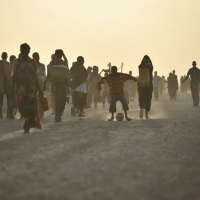
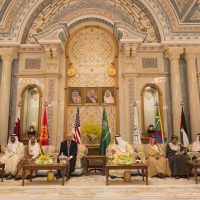
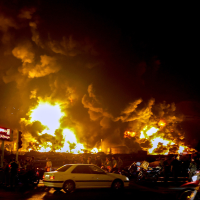
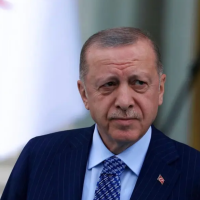
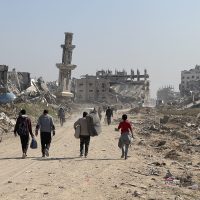
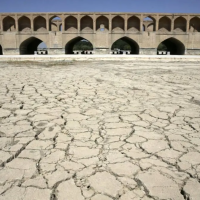


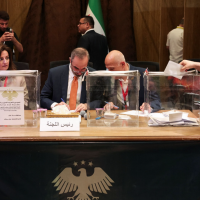

![President Trump makes remarks at the U.S. Embassy Buenos Aires meet and greetMore: President Donald Trump conducts a meet and greet with the staff and families of US Embassy Buenos Aires along with Secretary Michael R. Pompeo in Argentina, 30 November 2018. [State Department photo/ Public Domain]. Original public domain image from Flickr President Trump makes remarks at the U.S. Embassy Buenos Aires meet and greet
More:
President Donald Trump conducts a meet and greet with the staff and families of US Embassy Buenos Aires along with Secretary Michael R. Pompeo in Argentina, 30 November 2018. [State Department photo/ Public Domain]. Original public domain image from Flickr](http://wac.snuac.ac.kr/wp-content/uploads/2025/10/Trump--200x200.jpeg)


